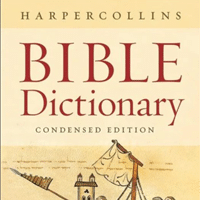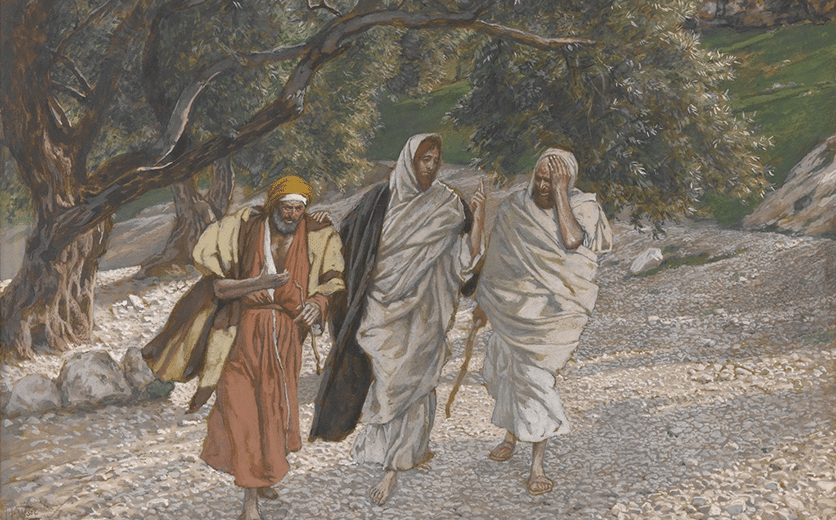In a technical sense, very short stories with a double meaning. In the biblical tradition, however, the term is used broadly to designate a variety of literary forms that convey metaphorical or figurative meaning, not only stories but aphorisms, proverbs, riddles, dialogues, and discourses. The OT abounds in figurative language of many sorts, but contains only a few parables in the narrower sense of a short story with a double meaning. The “Song of the Vineyard,” found in (
Some NT parables of Jesus
Mustard seed (
Sower (
Evil tenants (
Harvest time (
Leaven (
Great banquet (
Lost sheep (
Talents (
Wheat and weeds (
Treasure (
Pearl (
Net (
Rich fool (
Unmerciful servant (
Laborers in the vineyard (
Ten bridesmaids (
Good Samaritan (
Barren fig tree (
Tower builder (
King at war (
Lost coin (
Prodigal son (
Unjust steward (
Rich man and Lazarus (
Unjust judge (
Pharisee and publican (




